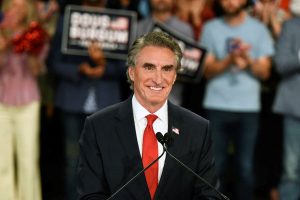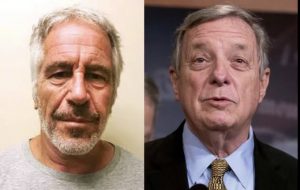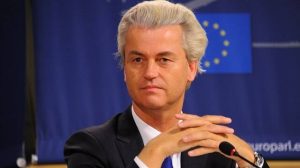Ivory Coast Prime Minister Amadou Gon Coulibaly died Wednesday after attending a cabinet meeting. The 61-year-old leader was due to contest presidential elections just three months after.
Coulibaly was the ruling Houphouetist Rally for Democracy and Peace (RHDP) coalition’s candidate for president in an election scheduled in October, after Alassane Ouattara declined to seek for a third term as president. The party took this decision in early March. He was appointed Prime Minister in 2017.
“I am deeply saddened to announce that Prime Minister Amadou Gon Coulibaly, the head of government, left us early this afternoon after taking part in a cabinet meeting,” Patrick Achi, secretary general to the Ivory Coast presidency, said on public television.
Coulibaly returned from France last week after a two-month stay in the country to receive medical treatment for recurring heart problems. He had a heart transplant in 2012.
“I am back to take my place by the side of the president, to continue the task of developing and building our country,” Coulibaly said on arrival last Thursday.
His death creates huge uncertainty over the election in the country, which had just recovered from a political turbulence.
Coulibaly’s death raises the question of who might now be chosen as the party’s presidential candidate, with some speculating it could be Defence Minister Hamed Bakayoko.
Others suggest that Ouattara might also decide to run again now and that there is no “plan B”.
Coulibaly, a father of five who had a degree in engineering, wielded great influence among traditional leaders of the Senoufo ethic group, from which he came.
But critics said he lacked charisma and his nomination for president did not go down well with several leaders of his ruling coalition, RHDP.
His many positions since starting out in politics in 1994 at Ouattara’s side included technical advisor, senior civil servant, deputy and mayor of Korhogo, agriculture minister, cabinet minister and finally prime minister.
Like Ouattara, he was at ease in international financial circles and was also the country’s budget minister, giving priority to solid macro-economic management over social programmes, according to critics.






